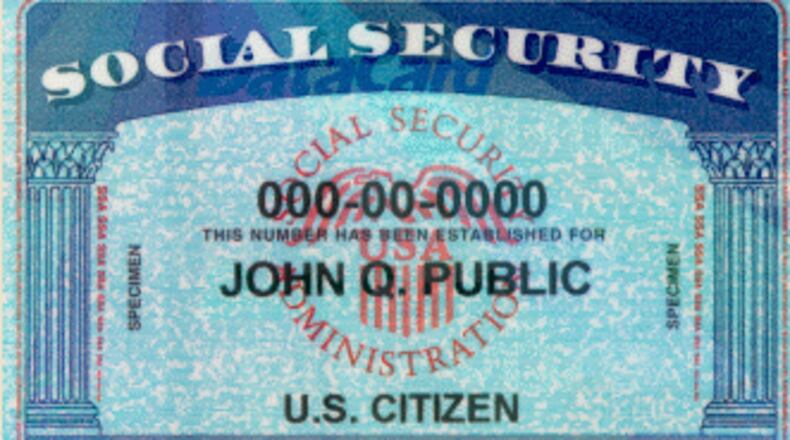"The Trustees recommend that lawmakers address the projected trust fund shortfalls in a timely way in order to phase in necessary changes," the Social Security report states.
The bottom line is not new - neither Medicare nor Social Security has enough money to indefinitely keep paying current benefits to the millions of Americans who use those two programs.
NEW, the trustees overseeing them find:
— Lisa Desjardins (@LisaDNews) April 22, 2019
- Medicare trust fund to run out in 2026. That's no change from last year's forecast.
- But it is one year closer now.
- Social Security trust funds together run out 2035, one year later than forecast in 2018.
"Social Security will pay out more than it takes in next year and every year going forward," said Michael Peterson, head of the Peterson Foundation, a federal budget watchdog group. "That’s the definition of unsustainable."
"Medicare will go insolvent in 2026, Social Security in 2035," said Rep. Dan Crenshaw (R-TX). "Refusing to address this will cause automatic cuts to these programs."
If Social Security were to reach that point of insolvency - and Congress did nothing about it - then the latest estimate is that benefits would be paid out at only 77 percent, a 23 percent reduction.
Medicare and Social Security are not dealt with on a yearly basis by the Congress in terms of the budget - as they are on automatic pilot, unless lawmakers proactively take action to change the amount paid out in benefits, or brought in from revenues.
"Implementing changes sooner rather than later would allow more generations to share in the needed revenue increases or reductions in scheduled benefits," the Social Security report noted.
Like many fiscal situations within the federal budget, there are three fairly basic ways to deal with Medicare and Social Security:
1) Reduce the amount spent by the programs in terms of benefits.
2) Increase the amount of tax revenues brought in for the programs.
3) A combination of 1) and 2).
One option which has drawn some attention in recent years on the Social Security side is forcing more wealthy income earners to pay a larger share of payroll taxes into the system, in order to help bring in more revenues.
Currently, the Social Security payroll tax ends once an individual earns $132,9000 in 2019 - that amount is indexed, and creeps up each year. One plan would have it phase out at the current level, and then kick back in at a higher level of income, like $500,000 or $1 million, in order to bring in more revenues..
But votes on matters like expanding the payroll tax to bring in more resources to pay benefits - or raising the retirement age, slowing the yearly increase in Social Security benefits, or making some Medicare recipients pay more for health care - those type of proposals are considered politically toxic by many, too easily demagogued by both parties.
“This report highlights the need for serious-minded legislators to partner with the Administration on commonsense, bipartisan reforms that will lower costs and eliminate fraud and abuse, preserving the program for future generations,” the White House said in a statement.
But while politicians on all sides say the right things, there has not been a serious legislative effort on the matter in years.
"Why wait to until drastic changes are needed to avert insolvency in these programs?" asked Shai Akabas of the Bipartisan Policy Center in Washington. "The time for action is now."
About the Author

